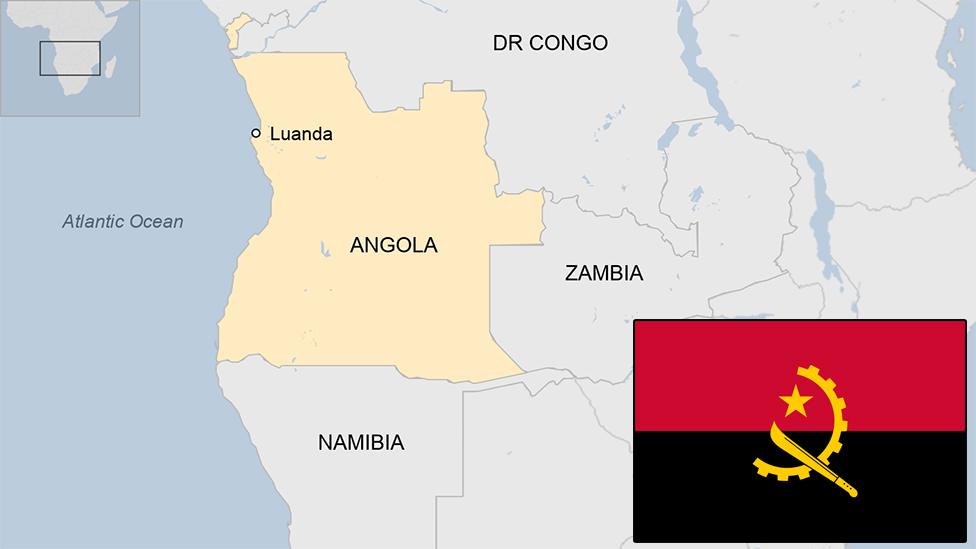Republic of Congo country profile
- Published
This page is no longer being updated. It was last updated on 11 April 2023
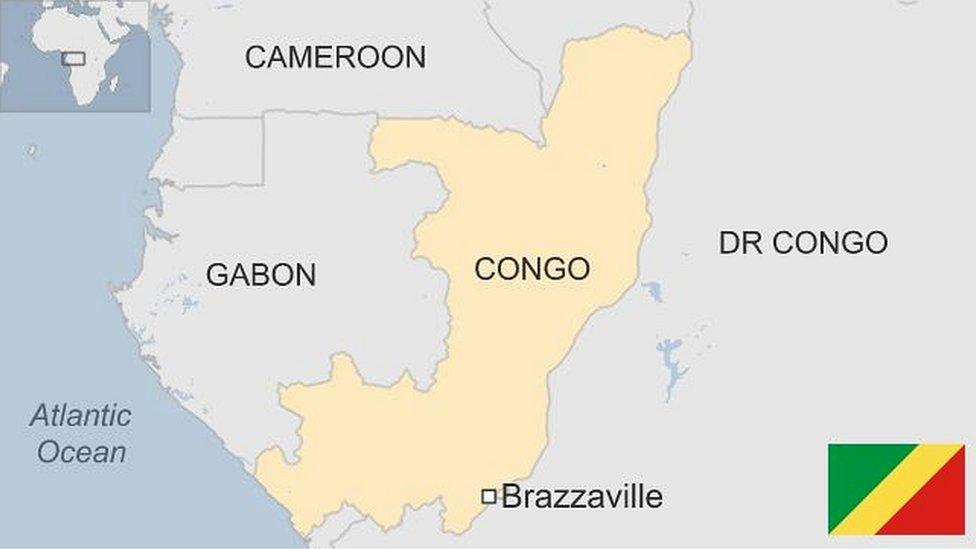
Civil wars and militia conflicts have plagued the Republic of Congo, also known as Congo-Brazzaville since its independence from France.
Nearly half the population lives in poverty, according to the World Bank, even though it is one of sub-Saharan Africa's main oil producers.
Oil is the mainstay of the economy. In recent years the country has tried to increase financial transparency in the sector.
Read more country profiles, external - Profiles by BBC Monitoring, external
REPUBLIC OF CONGO: FACTS
Capital: Brazzaville
Area: 342,000 sq km
Population: 5.5 million
Languages: French, Lingala, Kituba
Life expectancy: 62 years (men) 67 years (women)
LEADER
President: Denis Sassou Nguesso
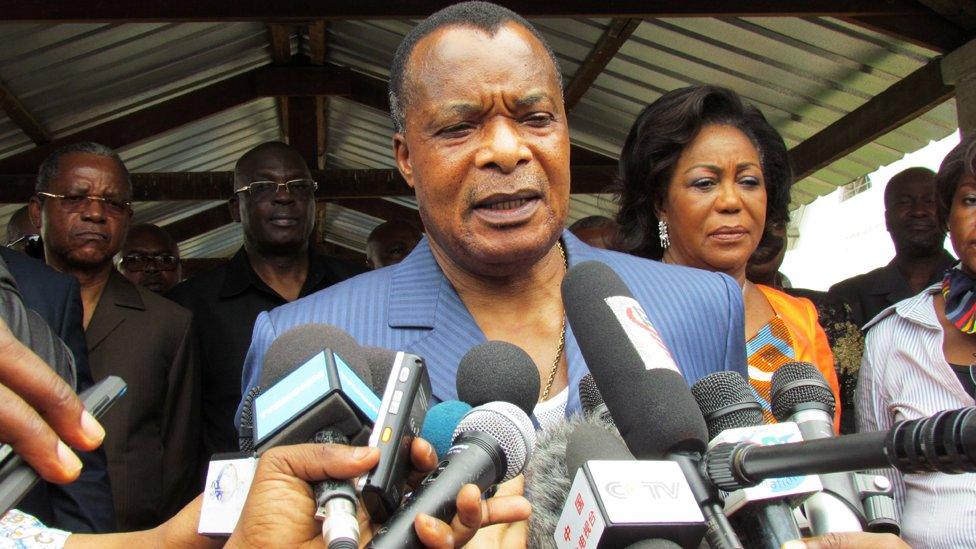
Denis Sassou Nguesso is one of Africa's longest-serving leaders, having first come to power almost four decades ago.
He was installed as president by the military in 1979 but lost his position in the first multi-party elections in 1992.
He returned to power in 1997 after a brief civil war in which he was backed by Angolan troops.
During his first presidency, he loosened links with the Soviet bloc and gave Western companies roles in oil exploration and production.
MEDIA
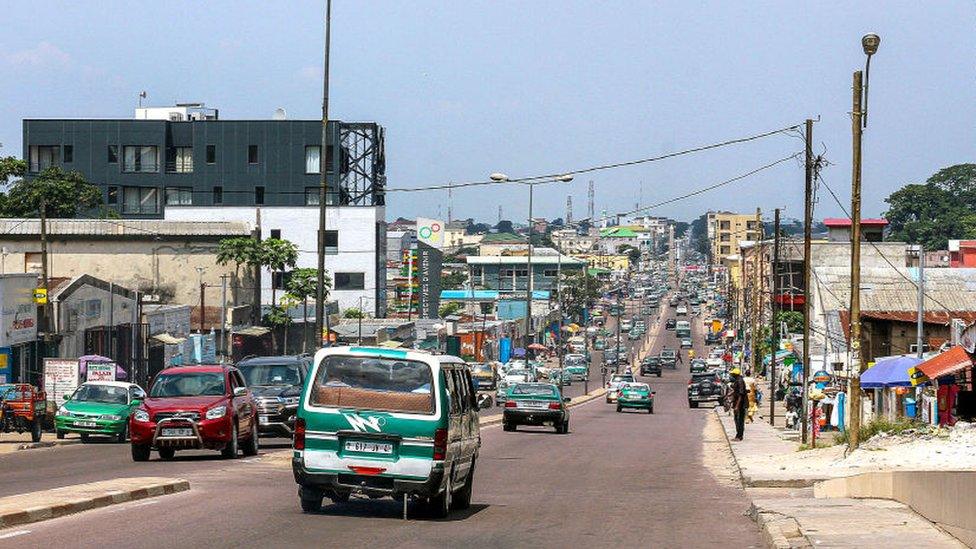
The government expects journalists to routinely self-censor their output
The Republic of Congo has a varied media landscape with around 20 TV channels, 40 radio stations and 20 newspapers. However, many media outlets, especially TV channels, have close ties to government allies.
The country's authoritarian government "routinely pressures, threatens and incarcerates" journalists, says Freedom House.
TIMELINE
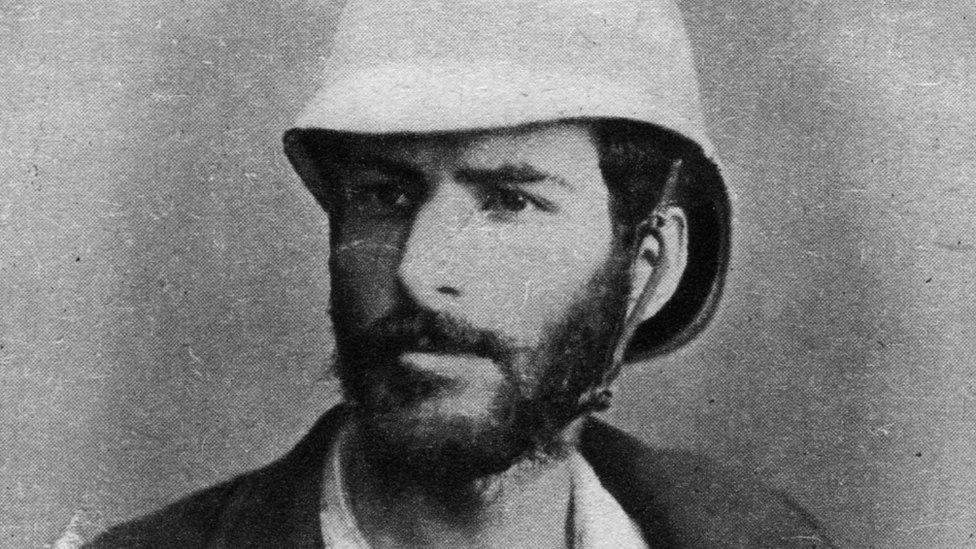
The capital is named after Pietro Paolo Savorgnan di Brazza, the explorer who paved the way for colonisation of the area
Some key dates in the Congo's history:
c. 1500BC - Bantu-speaking peoples settle in the region.
1484 - Portuguese explorer Diogo Cão reaches the mouth of the Congo river.
16th-19th Centuries - Area becomes a hub for the Atlantic salve trade, with growing commerce in slaves and commodities between the inland Bantu kingdoms and European merchants.
1880 - Area north of the Congo river becomes a French protectorate.
1882 - French Congo formally established and confirmed at the 1883-84 Berlin Conference.
1910 - French Equatorial Africa is established, comprising what is today the countries of Chad, the Central African Republic, Republic of the Congo and Gabon.
1921-34 - French colonial authorities build the Congo-Ocean railway linking Brazzaville with the Atlantic using forced labour. Some 17,000 workers are estimated to have died building the line.
1958 - Following the establishment of France's Fifth Republic, French Equatorial Africa is broken up into its constituent parts
1960 - Republic of Congo becomes independent with a former priest, Fulbert Youlou, as president - he is forced to resign in 1963 after widespread protests about his authoritarian style of rule.
The years following independence are characterised by political instability and several coups or coup attempts.
1969 - Country changes its name to the People's Republic of the Congo; Africa's first Marxist-Leninist state.
1979 - Denis Sassou Nguesso becomes president, aligning the country with the Eastern Bloc and signing a 20-year friendship pact with the Soviet Union.
1991 - The collapse of the USSR results in the end of Soviet aid to prop up the regime, and it abdicates power.
1993-94 - First Republic of the Congo Civil War.
1997-99 - Second Republic of the Congo Civil War. Seen as a continuation of the military and political struggle for power of the first civil war. Up to 25,000 people are killed in the war. Denis Sassou Nguesso again becomes president, thanks to military support from Angola, whose troops invade the country on his behalf.
2002-03 - Fighting breaks out in the south-western Pool region, surrounding Brazzaville. A peace treaty is signed in 2003.
2016 - After violent protests in Brazzaville following a contested presidential election, President Sassou orders attacks on the Pool region where the Ninja rebels of the civil war used to be based. 80,000 people are displaced by the army offensive.
2017 - A ceasefire is signed.
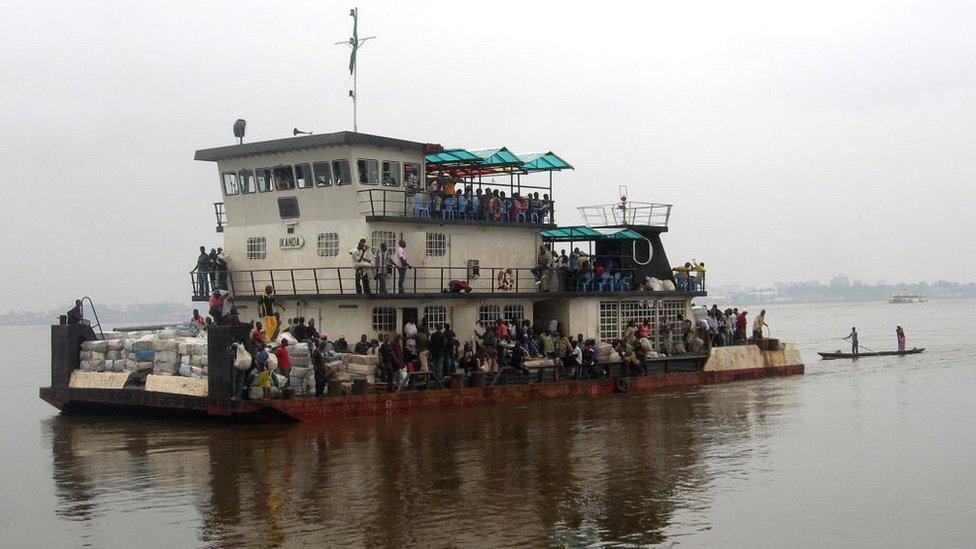
The Congo river separates Brazzaville, the capital of the Republic of Congo, from Kinshasa, capital of the DR Congo
Related topics
- Published1 September 2023
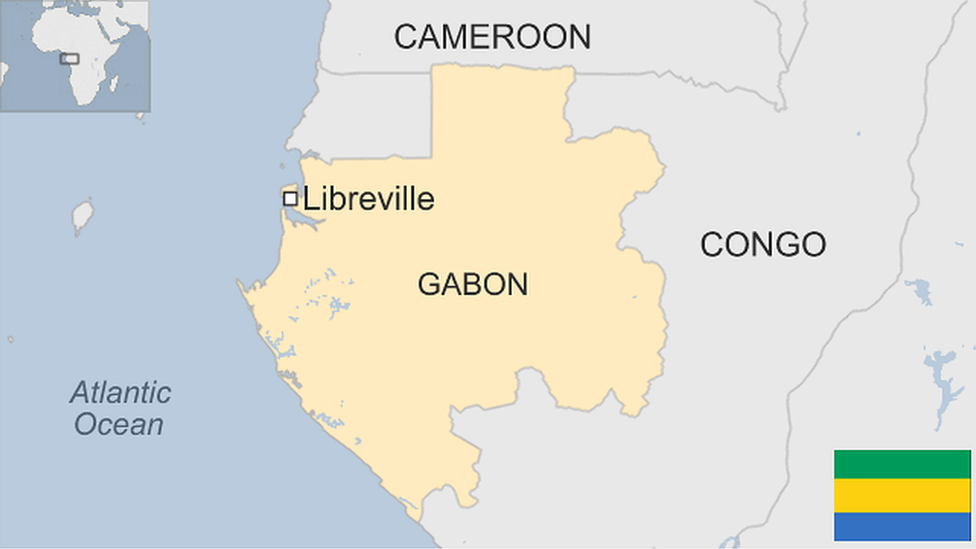
- Published9 March 2023
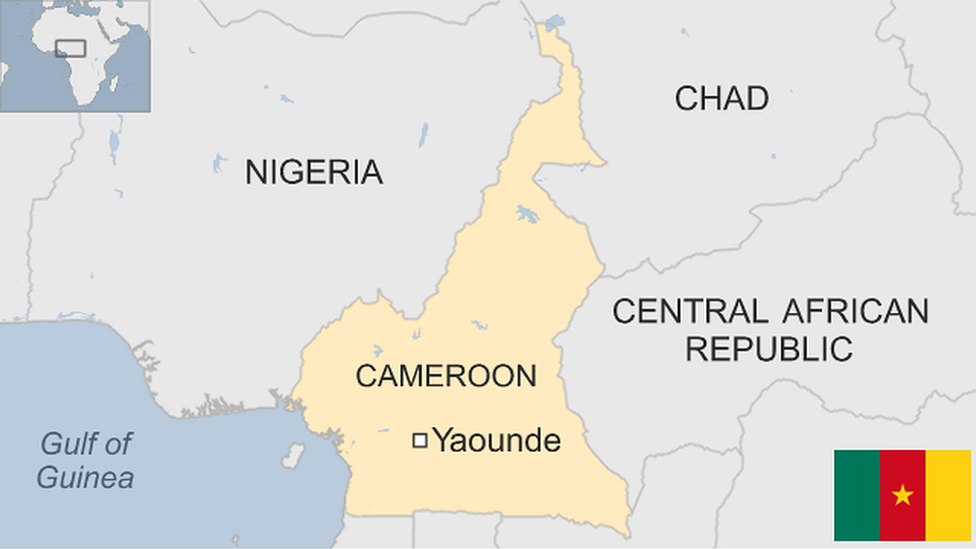
- Published22 August 2023
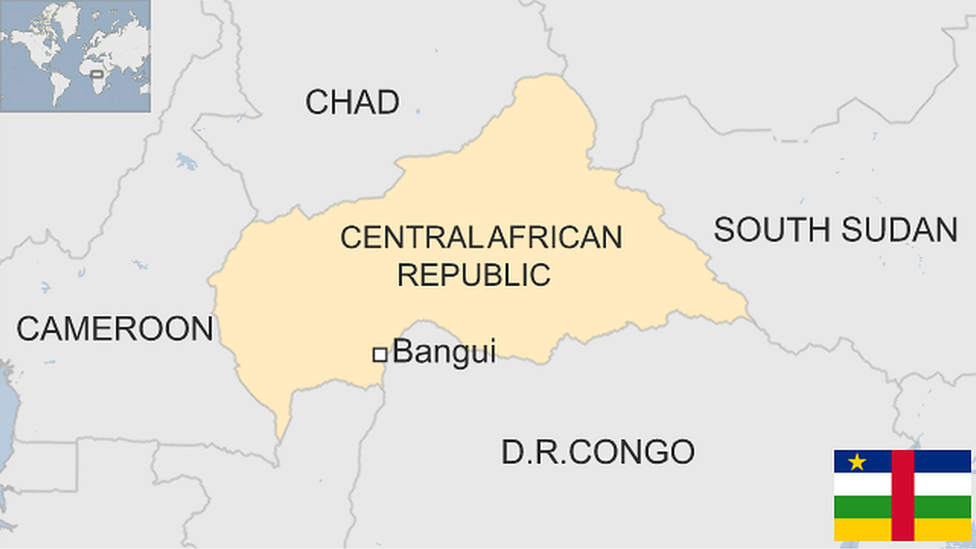
- Published31 January
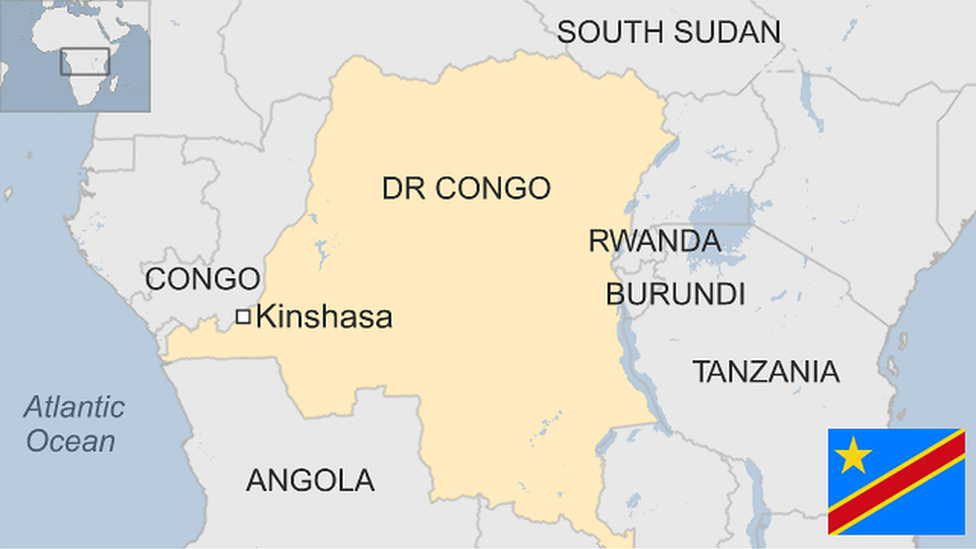
- Published21 February 2023
